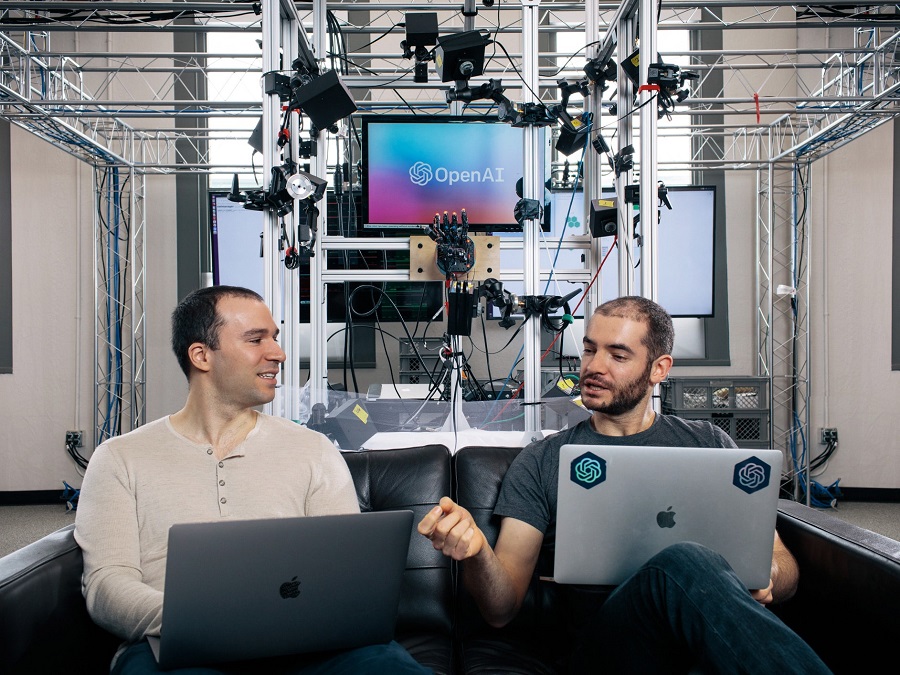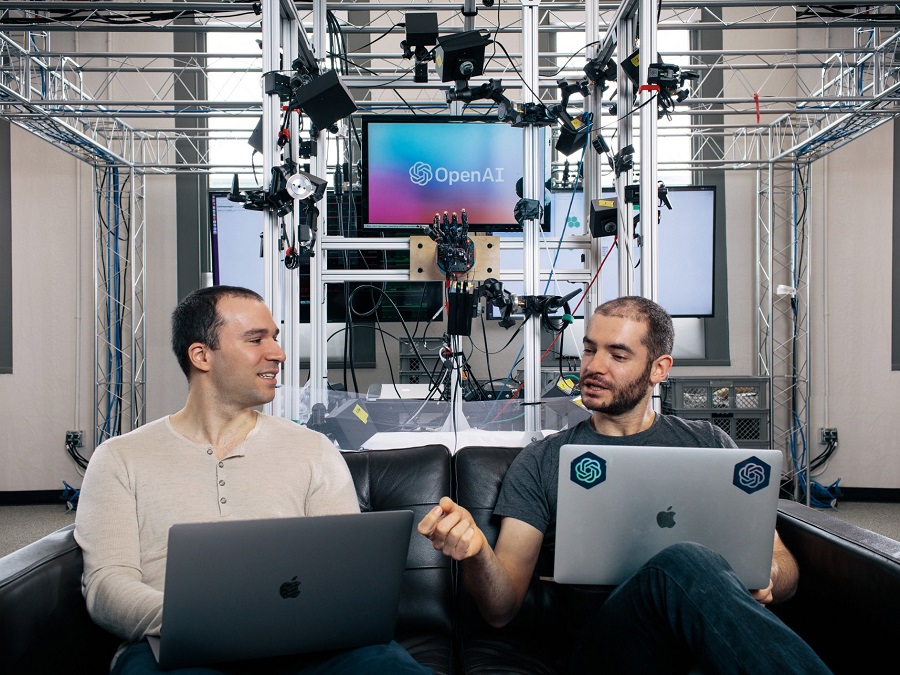
OpenAI: Pioneering the Future of AI Technology
OpenAI, a leading name in the AI industry, has become synonymous with cutting-edge technology and innovation. This article explores the inception of OpenAI, its functionalities, applications, effectiveness, future prospects, and its successful implementation across various sectors.
Introduction to OpenAI: Origin and Evolution
OpenAI, founded in December 2015, is an artificial intelligence research lab consisting of the for-profit OpenAI LP and its parent company, the non-profit OpenAI Inc. The organization aims to promote and develop friendly AI in a safe and broadly distributed manner. Its foundation marked a significant shift in AI research, with a focus on ethical, secure, and transparent development.
OpenAI’s approach to AI development has been unique in its commitment to open-source principles, allowing for widespread collaboration and innovation within the tech community.
How OpenAI Functions and Its Applications
Advanced Research and Development
At the heart of OpenAI’s operation is advanced research in AI. The lab focuses on deep learning, reinforcement learning, and neural network training techniques to push the boundaries of AI capabilities.
Practical AI Solutions and Tools
OpenAI develops practical AI tools and applications, ranging from natural language processing systems to advanced robotics. These tools have found applications in a variety of fields, demonstrating the versatility and utility of OpenAI’s research.
Collaborations and Partnerships
OpenAI actively collaborates with other institutions and companies, sharing knowledge and resources to drive AI innovation. This collaborative approach has been crucial in advancing AI research and its practical applications.
Application of OpenAI’s Technology Across Industries
OpenAI’s technology has been widely adopted across various industries, including healthcare, finance, and automotive. Its AI models have been instrumental in revolutionizing how businesses operate, offering solutions for data analysis, predictive modeling, and automation.
In the field of natural language processing, OpenAI’s GPT models have set new standards for machine understanding and generation of human-like text, opening new avenues in AI-human interaction.
Evaluating the Effectiveness of OpenAI’s Innovations
OpenAI’s innovations have proven to be highly effective in solving complex problems and enhancing technological capabilities. The lab’s commitment to developing advanced yet ethical AI solutions has positioned it as a leader in the field.
Its developments in AI have not only advanced the technical aspects of AI but also contributed significantly to the ethical conversation surrounding AI technology.
Future Prospects and Trends in AI Technology
The future of AI, as shaped by OpenAI, looks to be both promising and transformative. With ongoing research and development, OpenAI is at the forefront of addressing some of the most pressing challenges and opportunities in AI. Emerging trends like AI in healthcare, autonomous vehicles, and personalized AI assistants are areas where OpenAI’s continued innovation is likely to make significant impacts.

Successful Implementations of OpenAI Technology
Success stories of OpenAI’s technology abound, ranging from its GPT models revolutionizing natural language processing to its AI-driven robotics making strides in automation.
Additionally, OpenAI’s collaboration with Microsoft, involving large-scale AI models and cloud computing services, stands as a testament to its technological prowess and impact on industry standards.
Conclusion: The Impact and Significance of OpenAI
In conclusion, OpenAI justifies its position as one of the best startups in the AI field through its innovative research, practical applications, and commitment to ethical AI development. Its influence extends beyond technology, shaping the future direction of AI research and implementation across various sectors.
As AI continues to evolve, OpenAI’s role in advancing this technology while ensuring its safe and beneficial use for humanity remains invaluable.
Popular articles
You may be interested in related articles.
-
Choosing a niche is not about chasing trends or copying what appears …
More -
In 2026, pricing and packaging remain among the few levers that B2B …
More -
Bootstrapped hiring is less about “building a dream team” and more about …
More -
Bootstrapping remains a realistic and disciplined way to start a business in …
More




